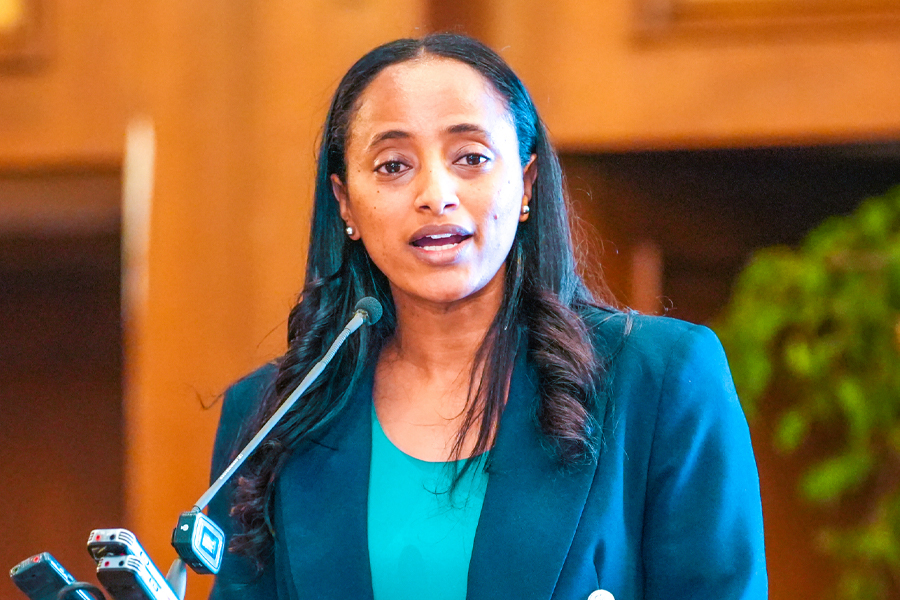
A new strategy to strengthen the human capital foundation of Ethiopia’s emerging capital market is taking shape. Led by FSD Ethiopia in partnership with iCapital Africa Institute and the Nairobi Securities Exchange, the initiative is focused on building the skills, expertise, and institutional capacity needed to support the Ethiopian Capital Market Authority (ECMA). The second round of consultations took place on April 23 at Best Western Hotel, drawing key stakeholders including ECMA Director General Hana Tehelku and FSD Ethiopia CEO Hikmet Abdella, as well as representatives from government, academia, the private sector, and development agencies. Established in 2021 under the Capital Market Proclamation, ECMA has made progress in laying a regulatory foundation for securities trading. However, a critical shortage of qualified professionals threatens to stall implementation. The country currently has only a few hundred individuals trained in securities law, governance, or market operations. The Human Capital Development Strategy (HCDS) 2025–2030 aims to close this gap. It rests on three pillars: developing skilled professionals, building strong institutions, and enabling a wider ecosystem. Plans include establishing a Capital Markets Training Institute (CMTI), accrediting training providers, and embedding capital markets education into 100 TVETs and 30 universities. The goal is to certify over 5,000 professionals and reach five million people through investor literacy programmes. “We are not built by compliance alone. We’re built by people, and sustained by skilled, visionary communities,” said Hana Tehelku. She noted ECMA’s progress training over 700 professionals and its focus on areas like digital finance and blockchain. ECMA’s work complements broader reforms under Ethiopia’s Home-Grown Economic Reform agenda, including the upcoming launch of the Ethiopian Securities Exchange. A regulatory sandbox introduced in 2024 also encourages fintech innovation, helping to lay the groundwork for a dynamic, inclusive market.
[ssba-buttons]